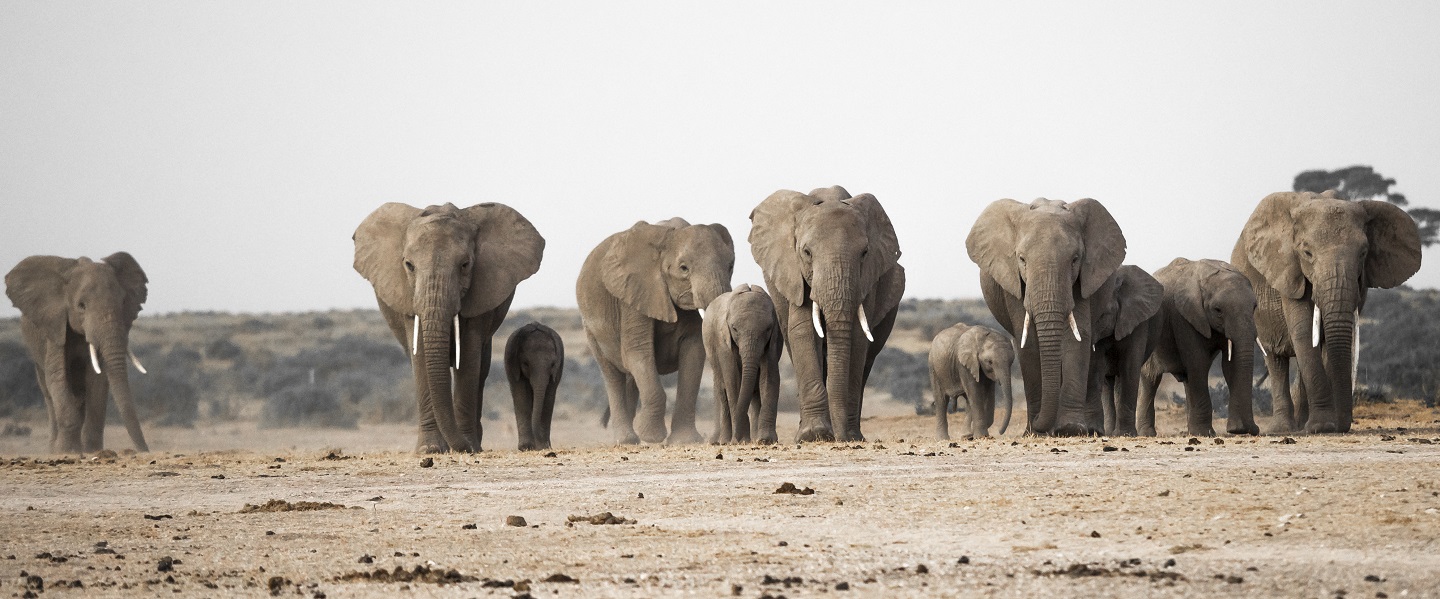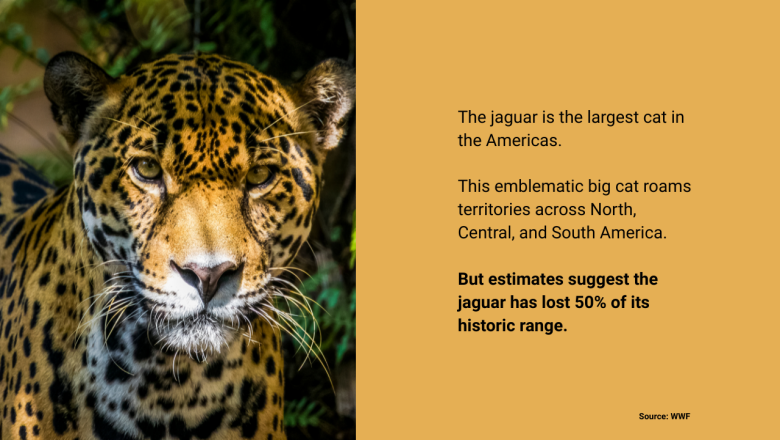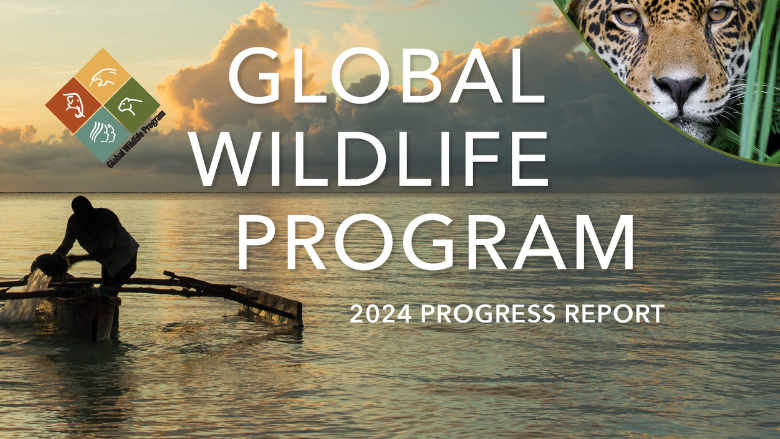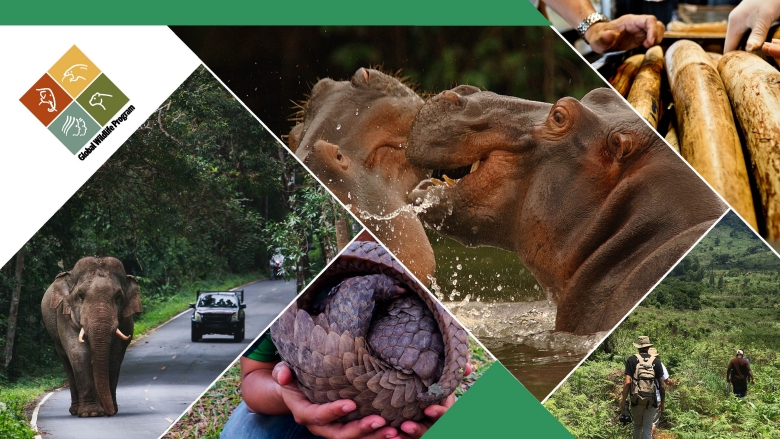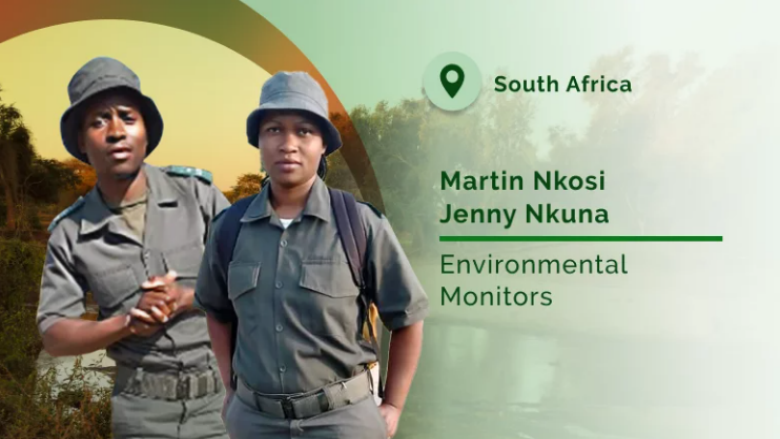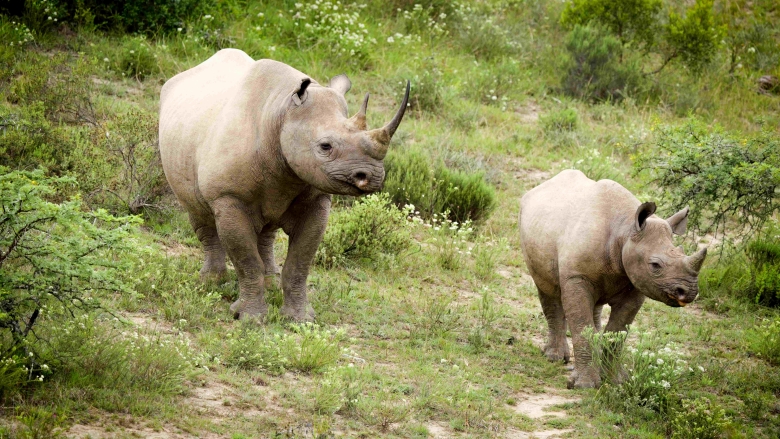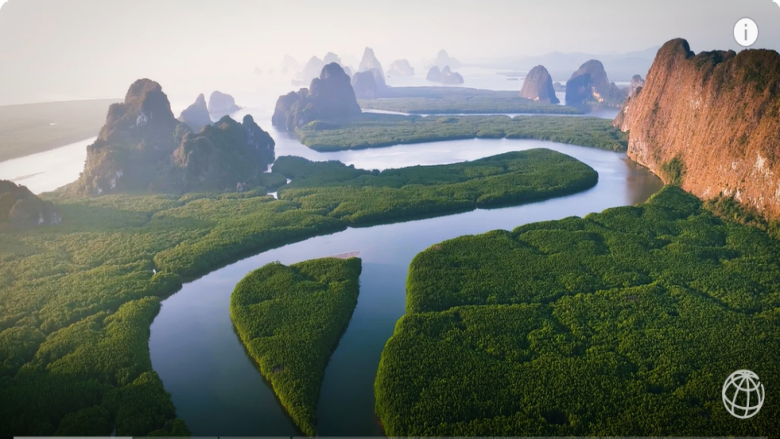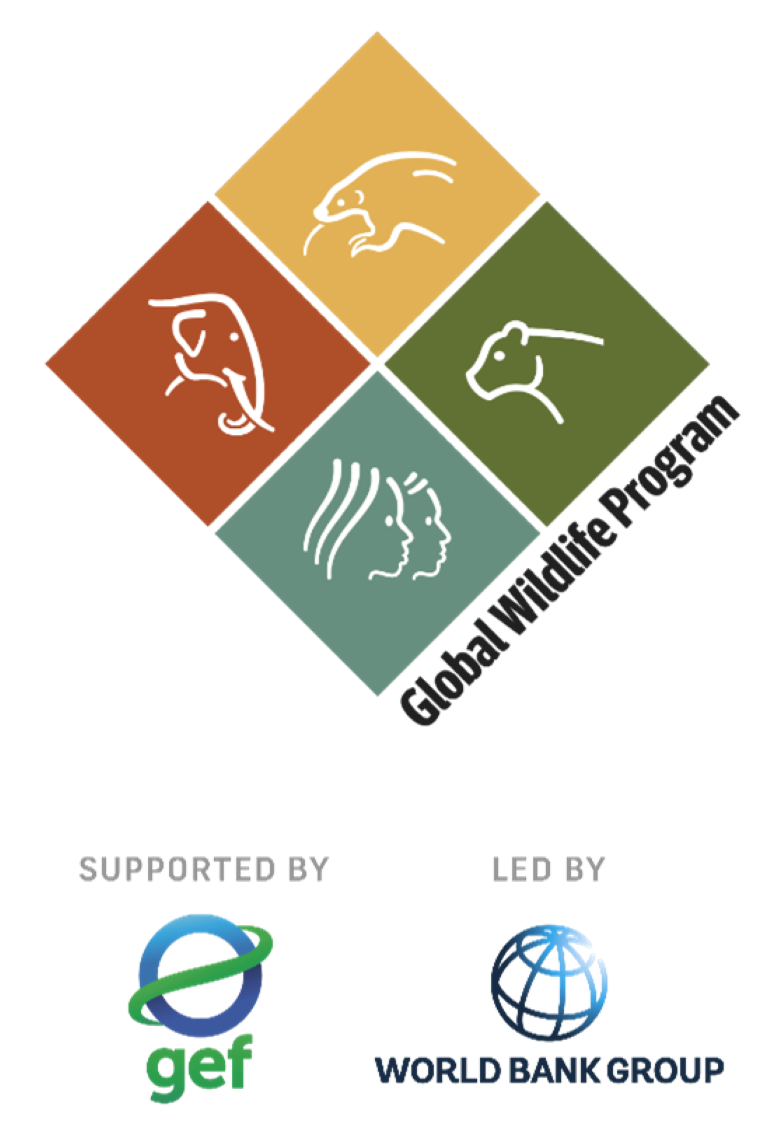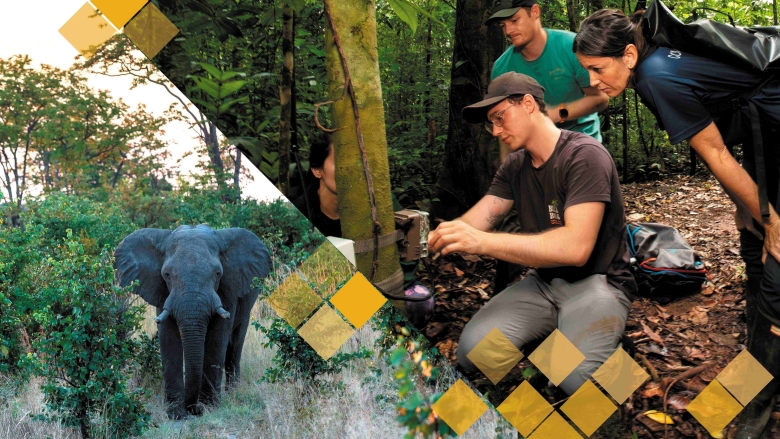The Global Wildlife Program (GWP), funded by the Global Environment Facility (GEF) and led by the World Bank, is one of the largest global partnerships addressing wildlife poaching, trafficking, and demand.
With $365 million in GEF financing and $2 billion in co-financing, the GWP supports national efforts in 38 countries across Africa, Asia, Latin America, and the Caribbean. Its projects, along with a global grant, create a collaborative platform for on-the-ground action, cross-border cooperation, and the sharing of lessons and best practices.
The GWP tackles illegal wildlife trade, unsustainable wildlife trade, human-wildlife conflict, and zoonotic spillover risk while promoting wildlife-based economies and nature-based tourism.
